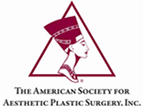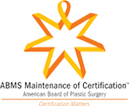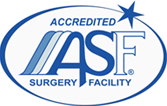Posted: January 28, 2011
Littleton, CO — January 28, 2011 — On Wednesday, January 26, 2011, the Food and Drug Administration (FDA) communicated to practitioners and the public about the possible association between breast implants and anaplastic large-cell lymphoma (ALCL).
ALCL is very rare affecting approximately 1 in 500,000 people. ALCL of the breast is even less common affecting 3 in100 million people.
More recently the FDA identified 36-60 women out of an estimated 10 million women with breast implants worldwide with either silicone or saline-filled breast implants who have developed ALCL.
When associated with breast implants the ALCL tumor seems less aggressive and appears to be resolved by removing the breast implant capsule and replacing the implant.
The cases have presented with sudden onset of painful swelling of the breast due to accumulation of fluid around the implant. A lump may be felt or can be seen with a mammogram or scan. It is important to stress this is not a form of breast cancer; in all cases the lump was attached to the implant capsule. The occurrence has averaged between 8-24 years after the initial breast augmentation surgery.
A registry is being set up in cooperation between the FDA and plastic surgeons working together with epidemiologists, toxicologists, and pathologists to diligently gather accurate information.
The FDA continues to consider breast implants safe and effective. There is no need for women with breast implants to change their routine care and follow-up. It is recommended that women continue to perform self-examination, check their implants, and obtain routine mammograms.
[Editor’s Note: This new information was obtained from an official FDA news release and white paper, and information presented at a plastic surgery conference in Las Vegas, Friday, January 28, 2011]





